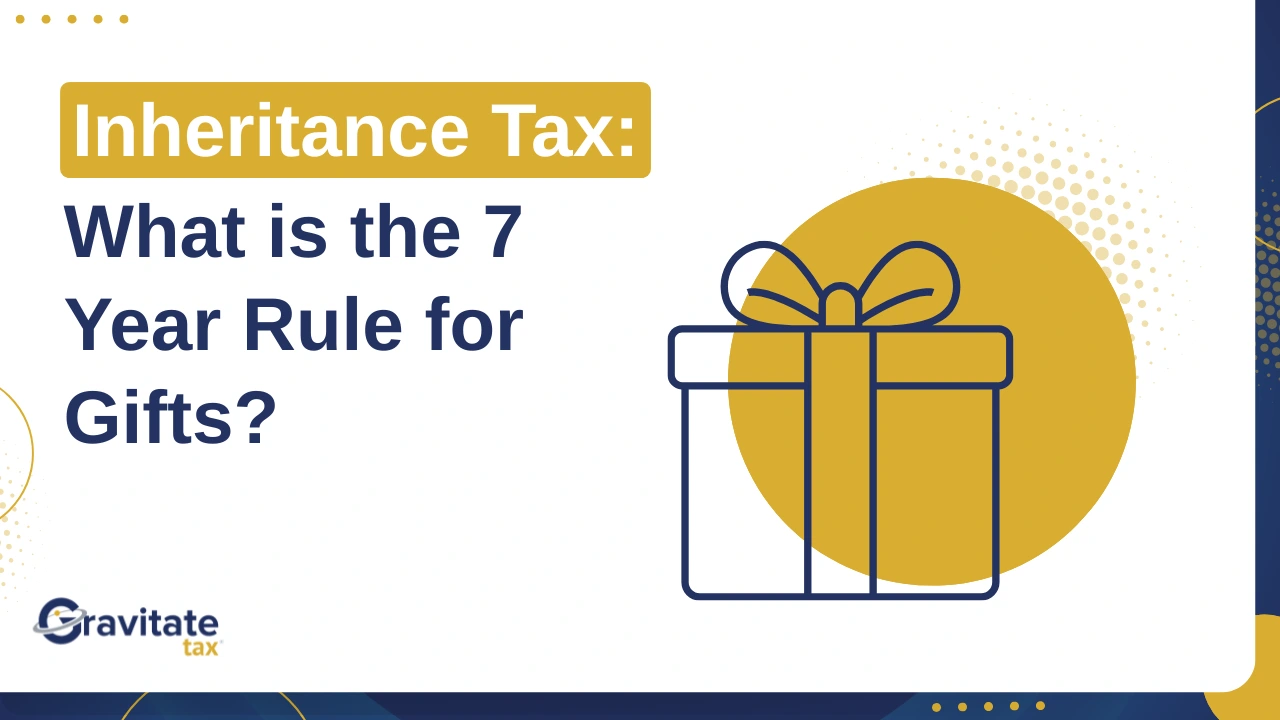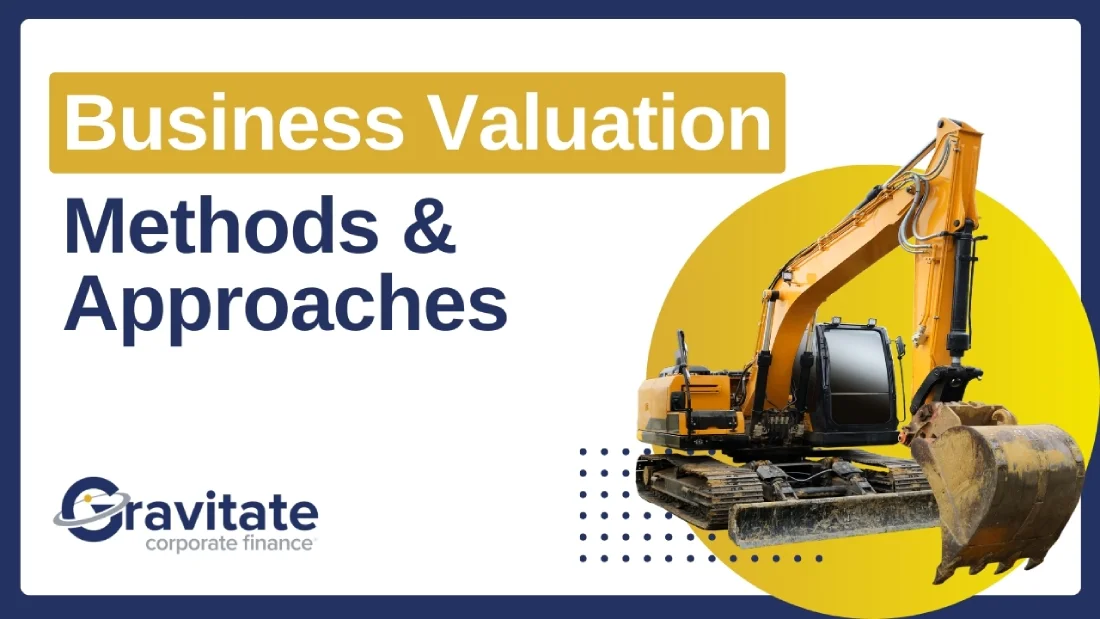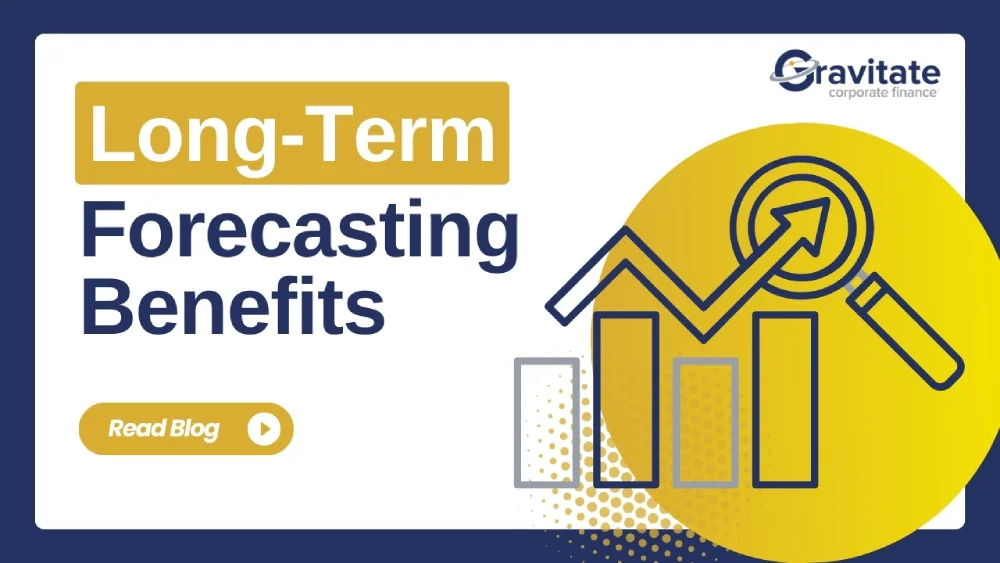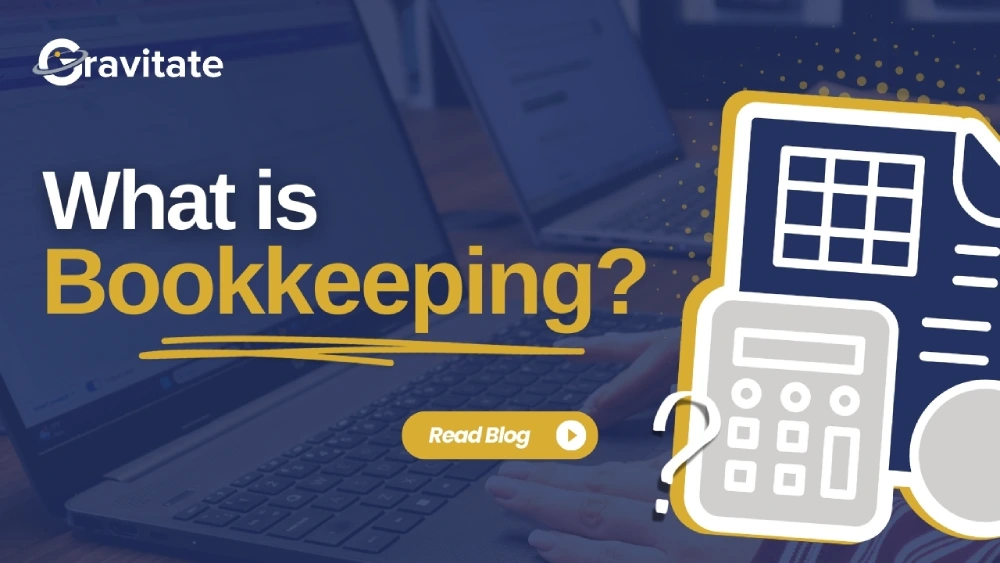Owning and running a limited company can be a massively rewarding, but also a stressful experience. As a business owner, your company is your livelihood. As a limited company owner, you have already benefit from limited liability, increased credibility and tax opportunities.
But when your business is making a tidy profit, how can you withdraw money for yourself and your family’s needs?
Legally, your limited company’s money is not your money
First things first: just because you own the limited company does not mean the company’s money is yours personally. It is critically important that you don’t treat your company like a personal fund; doing so could land you in a lot of trouble with HMRC!
Let’s rewind: What is a limited company?
To begin with, let’s remind ourselves of what a limited company is, and why the structure matters.
- It is a separate legal entity from you, even if you are the sole owner
- This means if your company earns £100,000 profit in a year, this money belongs to the company, not you. You can’t dip into your business bank account to cover personal costs.
- Any money taken out of the business must be accounted for and done in a tax-compliant way.
- HMRC views the limited company as an individual taxpayer, and it must submit annual accounts and corporation tax returns, just as you must submit a self-assessment tax return.
All of this means mixing personal and business funds is a bad idea. It’s poor bookkeeping, and could lead to unexpected tax bills or, in severe cases, criminal prosecution.
The legal separation between you and your company is what gives you limited liability. Abusing this could make you personally liable.
So how do you extract money from your limited company in a compliant way, and what are the tax rules?
Limited company cash extraction methods
There are four primary options available to director shareholders to withdraw cash from their limited companies:
Salary
As an employee of the limited company, you can pay yourself a regular wage as a company director. You’ll need to register as an employer and set up PAYE with HMRC, and also pay Income Tax and National Insurance (both employee and employer contributions). These are tax deductible for the company but can involve a lot of admin.
Pros and cons of salary
Paying yourself a salary reduces Corporation Tax and helps build National Insurance Contributions (NICs) toward your state pension. It also provides steady income, useful for loans or personal budgeting.
However, salaries are taxed via PAYE and come with both Income Tax and NICs. You must also register for PAYE, run payroll, submit RTI reports, and handle year-end administration.
Dividends
Dividends are payments made specifically to shareholders from company profits after Corporation Tax has been paid. The benefit of dividends is that they are taxed at a lower rate than a salary; however, they can only be paid if the company makes a profit. Directors reliant upon dividends could find themselves underpaid in the event the business makes a loss.
Pros and cons of salary
Dividends are tax-efficient and not subject to NICs. They are also simpler to manage and taxed at lower personal rates than salaries.
But dividends can only be paid from post-tax profits and require board approval and proper records. They don’t reduce Corporation Tax and can’t be used if your company has no retained earnings.
Director’s Loans
Directors can take money from their company in the form of a director’s loan. Naturally, the loans must be repaid within pre-determined time frame to avoid additional tax charges.
Pros and cons of director’s loans
Director’s loans offer short-term cash flow flexibility. You can either lend money to your company (which can be repaid tax-free) or borrow money from it when funds are tight.
If you repay a loan within 9 months of the end of your company’s accounting period, there’s no extra tax to worry about.
Loans over £10,000 are treated as a benefit-in-kind, which means you’ll owe personal tax on the amount and the company must pay Class 1A National Insurance.
Most importantly, if the loan isn’t repaid on time, your company must pay a 33.75% Corporation Tax charge on the outstanding amount, which is only reclaimable once the loan is cleared.
Expense reimbursement
If you pay for business expenses out of your personal funds, you are allowed to claim that money back from the company. This is tax-free too, providing the expenses are “wholly, exclusively, and necessarily” for business purposes. It’s very important that this rule is adhered to, and HMRC is always on the lookout for invalid expense claims.
Pros and cons of expense reimbursement
Reimbursing business expenses is a tax-free way to recover money spent personally for the company. This is efficient and doesn’t affect your income, but the expense must be wholly for business, which rules out the majority of personal or leisure expenditure!
Remuneration planning for limited company owners
There is no one-size-fits-all answer to which cash extraction method is best. It depends upon your goals and position of the business. Some, such as a lower salary and high dividend payments, offer better tax efficiency. Others provide greater flexibility in cash flow.
The key to this is putting a payment structure together, with the help of your accountant, through a process called remuneration planning.
Combining extraction methods for maximum efficiency
Through a careful combination of salary and dividends, as well as potential director’s loans, a good accountant can craft a bespoke remuneration plan that minimises your tax bill, keeps your business liquid and keeps you on the good side of HMRC.
Watch our remuneration planning explainer

.png)


.png)

.png)
.png)

.png)
.png)
.png)













.png)
.png)
.png)

.png)
.png)

.png)

















.jpg)

.webp)
.png)

.svg)
